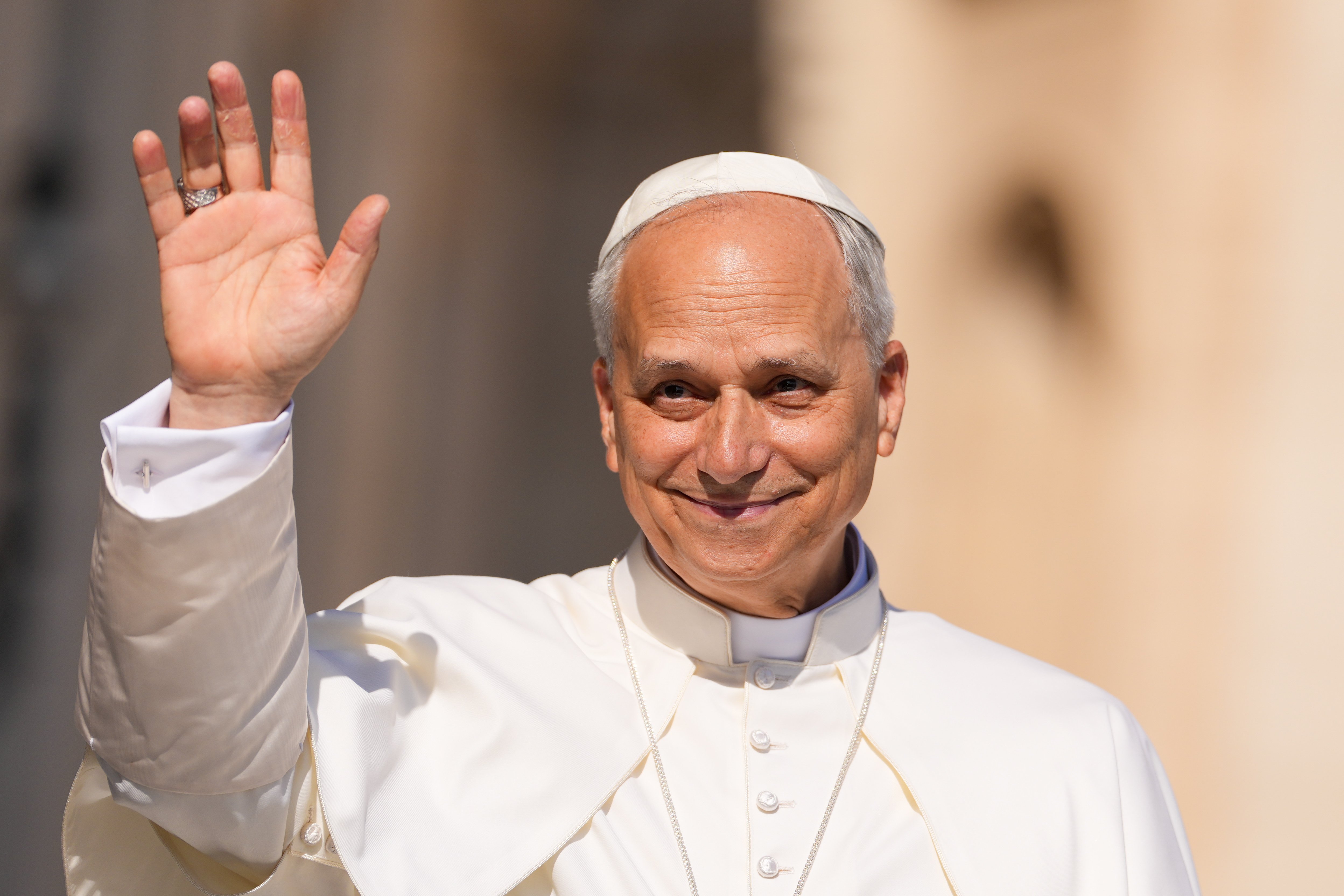April 6, 2018 at 1:53 p.m.
WORD OF FAITH
Being open to change
Jesus' earliest followers realized that no matter how much we talk about faith, faith has an effect in our lives only when we actually do something to make it present.
That's one of the reasons Matthew includes John the Baptizer in the Gospel for Sunday (Mt 11: 2-11). Speaking about the Messiah and recognizing the Messiah are two different things. Usually we conceive of something new in our lives in the context of how we're already living our lives. It's easy to add new information. It's another thing to change the way we process information.
John would have no problem passing on the words of Isaiah in the first reading (Is 35: 1-6, 10). Though originally proclaimed to an eighth-century-BCE community, they still make sense to a first-century-CE community.
Stay strong
The prophet describes God's future glory in concepts with which all people can identify. "The eyes of the blind will be opened, the ears of the deaf be cleared; then will the lame leap like a stag, then the tongue of the dumb will sing."It's necessary to "strengthen the hands that are feeble and make firm the knees that are weak," only because God has yet to send the person who will make all these marvelous things happen. A major part of Isaiah's ministry is simply to encourage people to "hang in there!"
Even James, in the second reading, encourages his people to wait patiently for Jesus' Second Coming (James 5: 7-10). "Steady your hearts," he writes, "because the Lord's coming is at hand." God's followers must always stay the course.
Yet in the case of John, the early Church believes that once Jesus comes on the scene, his prophetic message changes. Instead of encouraging people to wait patiently for God's salvation, he now must help them accept the fact that this salvation has arrived in the person of Jesus. Even for John, it's easier to talk about the new than to accept the new.
"Are you `He who is to come,'" his disciples ask Jesus, "or do we look for another?"
Changing faith
Jesus' response identifies Himself with Isaiah's categories: "Go back and report to John what you hear and see: The blind recover their sight, cripples walk, lepers are cured, the deaf hear, the dead are raised to life, and the poor have the good news preached to them." But then He throws another comment into the mix: "Blest is the person who finds no stumbling block in me."Lots of people did find Jesus to be a stumbling block. No one knows this better than Matthew. Writing for a Jewish/Christian community, he continually reflects on why his own people are rejecting Jesus. Evidently it's easier to accept God's actions in the abstract than to accept them in the concrete.
This seems to be why Jesus reminds His audience of why they originally listened to John. No one went out into the wilderness to see "a reed swaying in the wind" or "someone luxuriously dressed." They endured an aggravating trip to the arid countryside only because they wanted to hear this strange person proclaim God's word. Just as they weren't scandalized by John, neither should they be scandalized by Jesus.
Yet no matter how good John is in recognizing God's salvation, "the least born into the kingdom of heaven is greater than he." Since we accept Jesus, it's easier for us to recognize the reality of the salvation John announced.
Perhaps one reason some people don't listen to the word we proclaim springs from the fact that we lack the courage to make the newness of that word truly present. If that's so, then we're the only stumbling block we face.
(Editor's note: Father Karban's latest pamphlet on discipleship, "People of Faith," has just been published. Write to Fellowship of Southern Illinois Laity, PO Box 31, Belleville, IL 62222. Including postage and handling, the cost is $2.50 per copy.)
MORE NEWS STORIES
- Archbishops must promote unity, seek new ways to share Gospel, pope says
- Experts: Catholic media witness to truth, Gospel and are at ‘kairos moment’ in church
- Shrine celebrates 350 years since Jesus showed his heart to French nun as symbol of love
- Noem ends TPS protection for half a million Haitians, placing them at risk of deportation
- Washington Roundup: Supreme Court concludes term, Senate weighs ‘Big Beautiful Bill’
- Carol Zimmermann, NCR news editor, wins St. Francis de Sales Award
- Archbishop arrested, second cleric sought, amid Armenian government crackdown on opposition
- Israel-Iran war, Supreme Court decisions, pope message to priests | Week in Review
- Sid Meier’s Civilization VII
- Novel puts Joan of Arc’s heroic struggle into modern context







Comments:
You must login to comment.